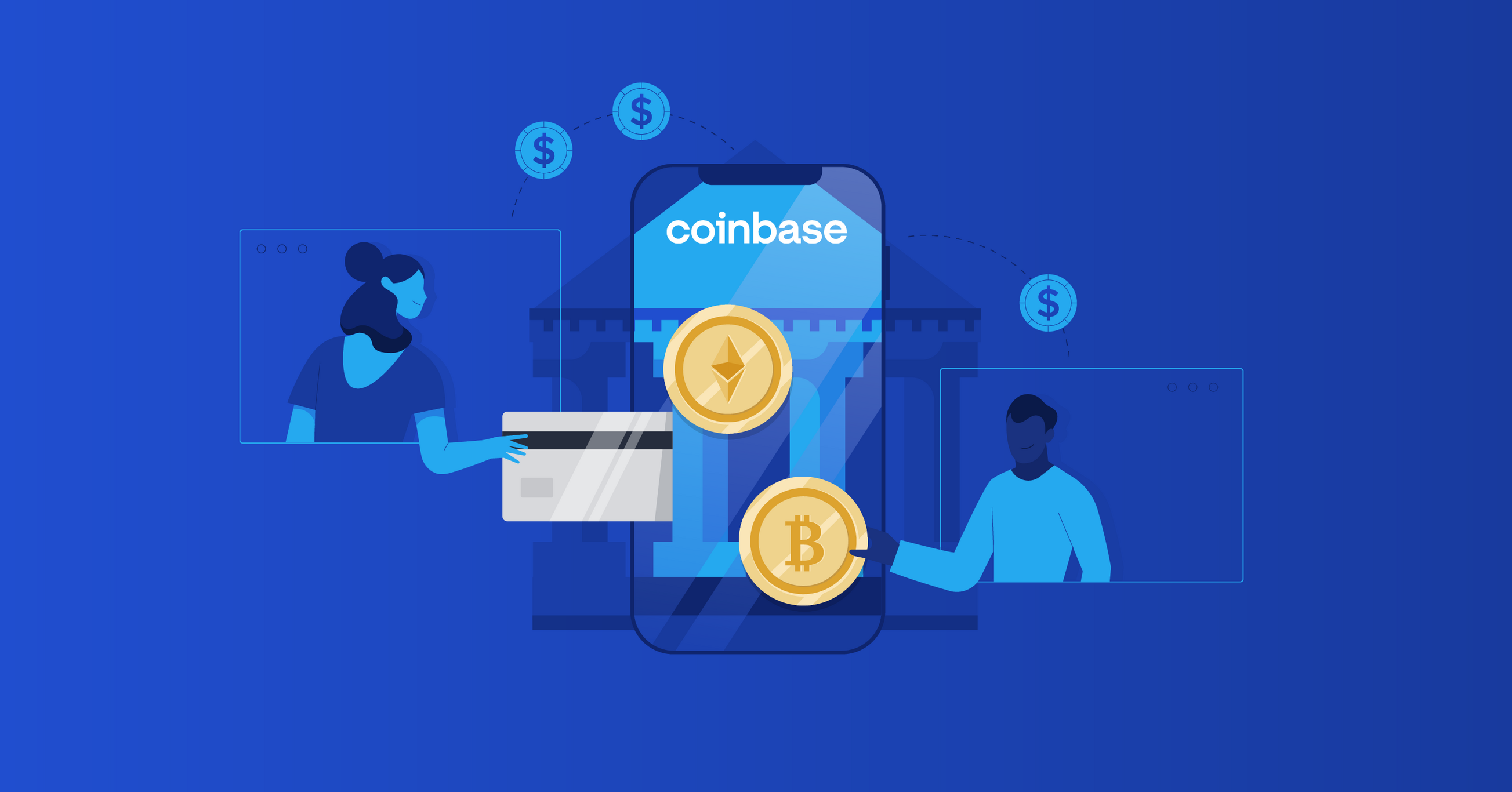The Perils of Keeping Your Money on Exchanges: A Personal Account of Blockchain Freezes
In the dynamic world of cryptocurrencies, exchanges serve as vital gateways for users to buy, sell, and trade digital assets. However, the adage “not your keys, not your crypto” underscores a fundamental principle of the crypto world: the risks associated with keeping your money on exchanges. In this article, I will share my personal experience with blockchain freezes and why you should exercise caution when entrusting your assets to these platforms.
The Allure of Cryptocurrency Exchanges
Cryptocurrency exchanges offer convenience and accessibility, making them the preferred choice for many when it comes to managing their digital assets. The ability to quickly execute trades, access a variety of cryptocurrencies, and easily convert between them has contributed to the popularity of exchanges.
However, despite their convenience, exchanges come with inherent risks that can have significant consequences for your holdings. My journey through the crypto landscape has been punctuated by a sobering encounter with one of these risks: blockchain freezes.
The Frozen Funds Dilemma
One day, while checking my exchange account, I was greeted with an alarming sight—my funds were frozen. Transactions that were previously seamless had now come to a screeching halt. Panic set in as I realized I could not access or move my digital assets.
Blockchain freezes occur for various reasons, ranging from technical glitches to regulatory interventions. Regardless of the cause, the result is the same: your assets become temporarily or even permanently inaccessible. This predicament can be particularly distressing if you need to access your funds urgently or if you rely on them for daily transactions.
The Struggle for Resolution
My personal experience with a blockchain freeze taught me that resolving such issues on exchanges can be an arduous and time-consuming process. Communication with exchange support teams can be slow, with responses often taking days or even weeks. In the fast-paced world of cryptocurrencies, this delay can translate into substantial losses or missed opportunities.
Furthermore, the outcome of a blockchain freeze is not always favorable. In some cases, funds remain frozen for extended periods, or the exchange might require a convoluted verification process to release them. This can be particularly frustrating, especially if you’re facing a financial emergency.
The Safety of Self-Custody
My ordeal with a blockchain freeze underscored the importance of self-custody in the cryptocurrency world. Self-custody means that you control the private keys to your digital assets, rather than relying on a third-party exchange to manage them on your behalf.
By holding your own keys in a secure wallet, you significantly reduce the risk of encountering issues like blockchain freezes on exchanges. It also gives you greater control over your assets, allowing you to move, trade, or access them at your discretion.
Practicing self-custody does come with its responsibilities, such as ensuring the security of your private keys and backup recovery phrases. However, the peace of mind and autonomy it offers outweigh the extra effort required to maintain a secure wallet.
In Conclusion
My personal experience with a blockchain freeze served as a poignant reminder of the potential pitfalls of entrusting your money to cryptocurrency exchanges. While these platforms offer convenience and accessibility, they also expose you to the risk of frozen funds, regulatory issues, and unforeseen technical glitches.
To safeguard your assets and maintain control over your financial future in the crypto space, consider practicing self-custody by using a secure wallet. Remember, in the world of cryptocurrencies, the old adage holds true: “not your keys, not your crypto.” Take control of your financial destiny and reduce the risks associated with exchanges by holding your keys securely. Your crypto journey will be all the more empowering and secure as a result.
